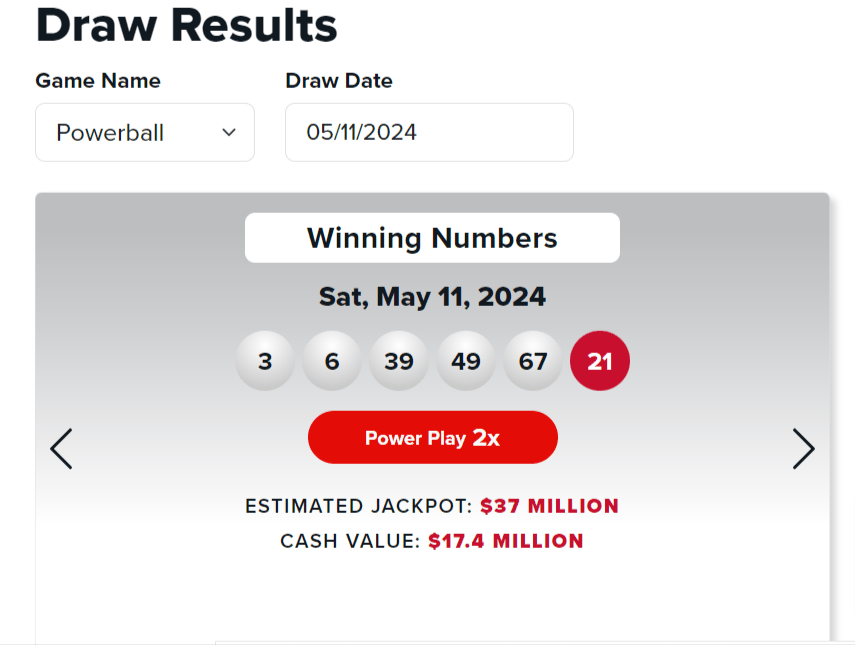Table of contents
- 1. Negotiating a Book Deal: Strategies for Success
- 2. Royalties and Compensation: Understanding Your Options
- 3. Preparing Your Manuscript for a Book Deal
- 4. Crafting an Effective Book Proposal
- 5. Approaching Publishers and Agents
- 6. Working with a Literary Agent
- 7. Finalizing the Book Deal
- 8. Post-Deal Actions: What to Do After Landing a Book Deal
Landing a book deal is a dream for many aspiring authors, but the path to publication can be challenging. In this comprehensive guide, we’ll explore the essential steps and strategies to increase your chances of securing a coveted book deal.
1. Negotiating a Book Deal: Strategies for Success
Negotiating a book deal is a critical step in the publishing process. It’s essential to understand the key elements of a book contract and how to navigate the negotiation process effectively.
Preparation is key when negotiating a book deal. Educate yourself on industry standards, royalty rates, and common contract clauses. Research comparable titles and the performance of similar books in the market. This information will help you negotiate from a position of strength and ensure you secure a fair deal.
During negotiations, be prepared to discuss important aspects such as advance payments, royalty rates, subsidiary rights, and promotional efforts. Don’t be afraid to negotiate terms that are important to you, but also be willing to compromise on less critical points. Hiring a knowledgeable literary agent can be invaluable in navigating the negotiation process and advocating for your best interests.
2. Royalties and Compensation: Understanding Your Options
One of the most crucial aspects of a book deal is the royalty structure and compensation. It’s essential to understand the different types of royalties and how they are calculated.
Paragraph 1
| Royalty Type | Description |
|---|---|
| Hardcover Royalties | Typically higher rates, ranging from 10% to 15% of the book’s retail price |
| Paperback Royalties | Lower rates, usually between 7% and 10% of the book’s retail price |
| eBook Royalties | Can range from 25% to 50% of the net receipts from digital sales |
In addition to royalties, authors may also receive an advance payment from the publisher. This is an upfront sum paid against future royalties. Advances can vary widely based on the author’s experience, the book’s commercial potential, and the publisher’s size and resources.
3. Preparing Your Manuscript for a Book Deal
Before approaching publishers or agents, it’s crucial to ensure your manuscript is in the best possible shape. A polished and compelling manuscript can significantly increase your chances of securing a book deal.
Begin by seeking feedback from beta readers, writing groups, or professional editors. Their insights can help you identify areas for improvement and refine your work. Additionally, ensure your manuscript adheres to industry standards in terms of formatting, structure, and genre conventions.
After incorporating feedback and making necessary revisions, consider hiring a professional editor or proofreader. A fresh set of eyes can catch any remaining errors or inconsistencies, ensuring your manuscript is as polished as possible before submitting it to publishers or agents.
4. Crafting an Effective Book Proposal
A well-crafted book proposal is often the first step in securing a book deal. It serves as a roadmap for your project and demonstrates your ability to articulate your vision and potential audience.
An effective book proposal should include:
- A compelling overview and synopsis of your book
- A detailed marketing plan that outlines your target audience and promotion strategies
- A competitive analysis of similar books in the market
- A brief author bio highlighting your qualifications and platform
Remember, your book proposal is a sales tool designed to capture the attention of publishers and agents. Tailor your proposal to the specific guidelines of the publisher or agent you’re targeting, and ensure it is professionally formatted and error-free.
5. Approaching Publishers and Agents
Once your manuscript and proposal are ready, it’s time to start approaching publishers and agents. This process can be daunting, but there are strategies to increase your chances of success.
Research potential publishers and agents thoroughly. Look for those who specialize in your genre or subject matter and have a proven track record of success. Attend industry events, such as writers’ conferences or book fairs, to network and make valuable connections.
When submitting your materials, follow the publisher’s or agent’s submission guidelines precisely. Personalize your query letter or pitch to demonstrate your familiarity with their work and why your book is a good fit for their list.
6. Working with a Literary Agent
While not a requirement, having a literary agent can significantly increase your chances of securing a book deal with a reputable publisher.
A good literary agent has extensive industry knowledge, connections, and negotiation skills. They can help you refine your proposal, identify the right publishers to target, and advocate for the best possible deal on your behalf.
To find the right agent, research agents who represent authors in your genre or subject area. Attend writers’ conferences or pitch events where you can meet agents in person. When querying agents, follow their submission guidelines carefully and tailor your query letter to their specific interests and preferences.
7. Finalizing the Book Deal
Once a publisher or agent expresses interest in your work, the negotiation process begins. This is where having a thorough understanding of industry standards and contract terms becomes crucial.
Key elements to negotiate in a book deal include:
- Advance payment and royalty rates
- Rights and exclusivity (print, digital, audio, etc.)
- Marketing and promotional commitments
- Deadlines and delivery dates
Don’t be afraid to ask questions and seek clarification on any contract clauses or terms you don’t fully understand. Consider consulting with a literary attorney or experienced author to ensure you’re getting a fair and favorable deal.
8. Post-Deal Actions: What to Do After Landing a Book Deal
Securing a book deal is a significant achievement, but the work doesn’t stop there. There are several important steps to take after signing a contract to ensure a successful publication and ongoing success.
Communicate regularly with your editor and publisher to ensure you’re on the same page regarding revisions, deadlines, and promotional efforts. Actively participate in the editing and marketing processes, as your input and engagement can significantly impact the book’s success.
Build your author platform and online presence. Engage with your target audience through social media, blogs, and other channels. Attend book events, festivals, and conferences to connect with readers and promote your work.
By following these steps and strategies, you’ll increase your chances of securing a coveted book deal and embarking on a fulfilling journey as a published author. Remember, persistence, dedication, and a willingness to learn and adapt are essential qualities for navigating the ever-evolving publishing industry.
Get free books pdf –12 Rules For Life By Jordan Peterson PDF Download





